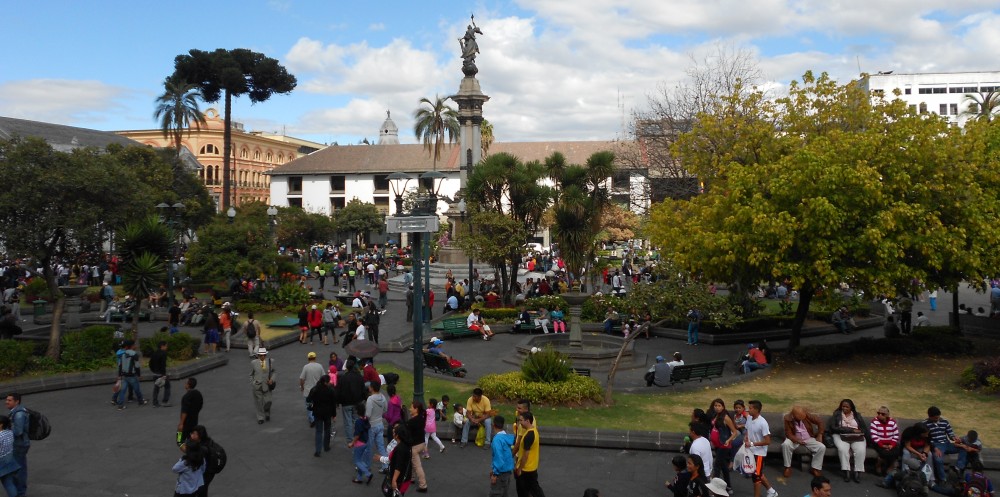“Citizenship” is an ongoing biased notion. In this week’s reading we learned that, post-independence, granting citizenship was a challenge for Latin American countries. Granting citizenship was determined by those highest in the caste system – the whites. Citizenship was neither given to slaves nor women, while language and religious requirements were also debated. The past’s requirements for citizenship are not much different to today’s requirements. Today, our governments determine who is qualified for citizenship based on biased requirements. People are “chosen” based on subjective terms, usually due to nations’ economic, social, and political interests. Nations make excuses for their citizenship requirements accordingly. The excuse that I found most disturbing in this week’s reading was “scientific racism”: the idea that different races inherently had different abilities. White individuals were smarter, fitter, and more rational, and therefore nations had to improve their race though blood cleansing.
Although past mentalities like “scientific racism” makes me cringe, it also makes me be more aware of today’s mentalities. How will our contemporary mindsets and actions be seen and studied in the future? As an Environmental Geographer, I made the relationship between the treatment of slaves and women in the 19th century, to the treatment of the natural world in the 21st century. We have certain requirements for granting citizenship to individuals based on our national interests and national discriminations. Do we do the same for the natural world? Why doesn’t the natural world have agency? Why can’t the natural world be granted citizenship? We view individuals in the natural world as resources, as entities that drive and boost economic growth. This is the same mentality we had of slaves. In fact, our resistance to changing our energy sources from non-renewable to renewable ones is mostly due to the fear of economic decline – exactly the seam reason for resisting slave abolition.
Furthermore, I found it interesting to study the slave relationships and imaginaries that Brazil, Cuba, and the US had. Brazil and Cuba, and the US had different strategies in terms of using and having slaves in the most economically profitable form. For example Brazil and Cuba relied heavily on importing slaves, especially since slaves tended to die within the first three years. The US, however, focused on keeping slaves healthy and alive, and on native-born blacks, to avoid the financial burden of importing them. This made it difficult for blacks to escape slavery in the US. This is an example of how each country’s economic strategies (here, in terms of slavery) affects how individuals live in or fight against that country’s system.
Latin America
What's this "latin spice" I'm hearing about?

I was astonished by how the were able to use science as a way to justify and support racism. I like how you compared it to what kind of mentalities we have today that may be seen as horrible in the future.
Agree with the parts about the issue of slavery in Brazil and Cuba. Although I thought you could have gone more into detail and more comparative analysis of those countries with the US’s elimination of slavery.